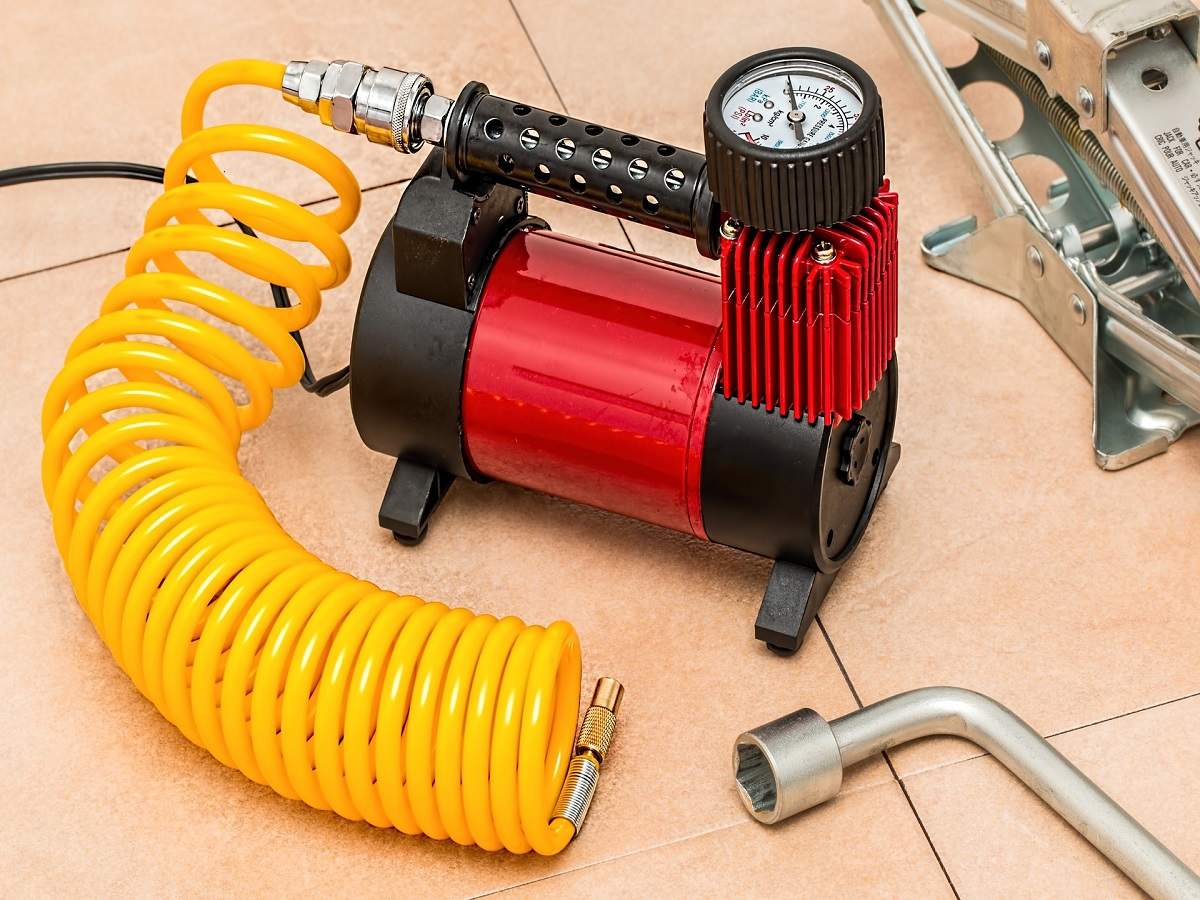
NEW DELHI: Maruti Suzuki India (MSIL) will review the car price in April 2020 once the BSVI emission and revised safety norms kick in. The company had only a week ago announced a price hike up to 4.7% on select models due to an increase in the input costs.
Speaking to TOI on Thursday, MSIL managing director & CEO Kenichi Ayukawa admitted margins were under pressure due to various cost hikes in recent months to conform to the regulatory requirements.
“The cost of production has gone up. Customers are already impacted by the hike in third party insurance outgo and road tax hikes that some state government have announced. We do not wish to burden the customers further and have tried to absorb as much of the impact as we can. But given the recent hike in duty announced on palladium, a key input in manufacture of catalytic converters require for cars to meet the new emission norms, is a worry. We will undertake a comprehensive review of prices before taking a call on a hike,” said Ayukawa.
According to the industry, cost of buying a car had increase by 6-14% in the past year and a half. This includes insurance and finance cost.
Conscious that a price revision would adversely impact sales in the price-sensitive market at a time when sales industry-wide has been on a downward curve, Ayukawa hoped the government would review the duty hike on palladium that was not available in a India. “We as a company have a mission: to provide affordable cars to Indian customers. If we can increase volumes, I believe we can absorb the cost,” he said.
On products being introduced from the Toyota stable, Ayukawa said it was likely to be a sedan but not one that was already in Toyota India’s portfolio. He further confirmed that Toyota was likely to introduce the Brezza, the second product from the Maruti Suzuki stable after Baleno (rechristened Glanza), before MSIL introduced a Toyota car. Though it was earlier announced that MSIL could sell the rebadged Toyota Corolla, it has since decided to wait for a new sedan.
“The agreement between Suzuki and Toyota goes beyond just product introductions. There is technology sharing that is happening. Toyota is a leader in hybrid technology. While we have our own hybrids, the tech sharing will help evolve new strong hybrids in our cars, particularly those sold from the Nexa,” he said.
In the statement issued last year from Japan by the two companies, they had announced enhancement of efforts to procure components locally to the extent possible toward the achievement of the “Make in India” initiative promoted by the Indian government.
“Toyota and Suzuki remain committed to the widespread acceptance and use of less fuel-consuming vehicles to help India reduce its environmental footprint and enhance energy security,” read the statement.
Speaking to TOI on Thursday, MSIL managing director & CEO Kenichi Ayukawa admitted margins were under pressure due to various cost hikes in recent months to conform to the regulatory requirements.
“The cost of production has gone up. Customers are already impacted by the hike in third party insurance outgo and road tax hikes that some state government have announced. We do not wish to burden the customers further and have tried to absorb as much of the impact as we can. But given the recent hike in duty announced on palladium, a key input in manufacture of catalytic converters require for cars to meet the new emission norms, is a worry. We will undertake a comprehensive review of prices before taking a call on a hike,” said Ayukawa.
According to the industry, cost of buying a car had increase by 6-14% in the past year and a half. This includes insurance and finance cost.
Conscious that a price revision would adversely impact sales in the price-sensitive market at a time when sales industry-wide has been on a downward curve, Ayukawa hoped the government would review the duty hike on palladium that was not available in a India. “We as a company have a mission: to provide affordable cars to Indian customers. If we can increase volumes, I believe we can absorb the cost,” he said.
On products being introduced from the Toyota stable, Ayukawa said it was likely to be a sedan but not one that was already in Toyota India’s portfolio. He further confirmed that Toyota was likely to introduce the Brezza, the second product from the Maruti Suzuki stable after Baleno (rechristened Glanza), before MSIL introduced a Toyota car. Though it was earlier announced that MSIL could sell the rebadged Toyota Corolla, it has since decided to wait for a new sedan.
“The agreement between Suzuki and Toyota goes beyond just product introductions. There is technology sharing that is happening. Toyota is a leader in hybrid technology. While we have our own hybrids, the tech sharing will help evolve new strong hybrids in our cars, particularly those sold from the Nexa,” he said.
In the statement issued last year from Japan by the two companies, they had announced enhancement of efforts to procure components locally to the extent possible toward the achievement of the “Make in India” initiative promoted by the Indian government.
“Toyota and Suzuki remain committed to the widespread acceptance and use of less fuel-consuming vehicles to help India reduce its environmental footprint and enhance energy security,” read the statement.
Download The Times of India News App for Latest Business News.
more from times of india business
Business News
LATEST VIDEOS
More from TOI
Navbharat Times
Featured Today in Travel
Quick Links
ELSS Mutual Funds BenefitsIncome Tax Refund statusWhat is AssochamITR Filing Last DateHome Loan EMI TipsHome Loan Repayment TipsPradhan Mantri Awas YojanaTop UP Loan FeaturesIncrease Home Loan EligibilityHome Loan on PFTax Saving Fixed DepositLink Aadhaar with ITRAtal Pension YojanaNita AmbaniIndian EconomyRBIAadhaar CardSBIReliance CommunicationsMukesh AmbaniIndian Bank Ifsc codeIDBI Ifsc codeIndusind ifsc codeYes Bank Ifsc CodeVijay Bank Ifsc codeSyndicate bank Ifsc CodePNB Ifsc codeOBC Ifsc codeKarur vysya bank ifscIOB Ifsc codeICICI Ifsc codeHDFC Bank ifsc codeCanara Bank Ifsc codeBank of baroda ifscBank of America IFSC CodeBOM IFSC CodeAndhra Bank IFSC CodeAxis Bank Ifsc CodeSBI IFSC CodeGST
Get the app







